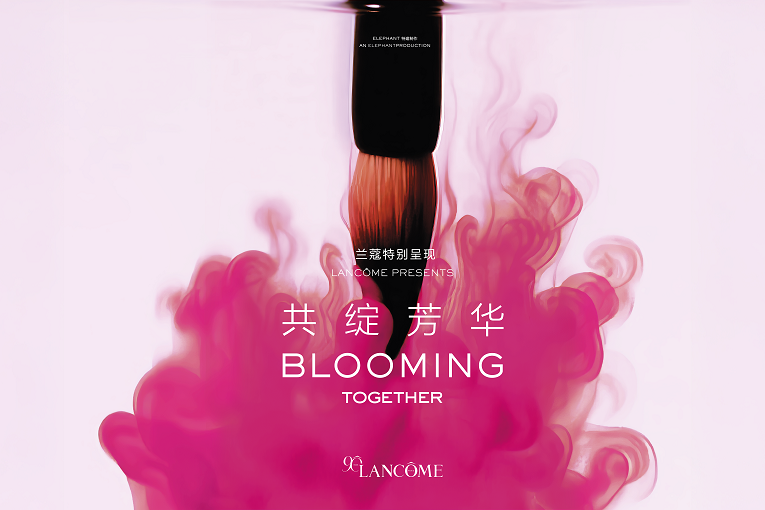1840: Why the 19th-century opium wars between imperial China and Britain are still relevant in modern China

 |
| The artwork at the Thirteen Hongs Museum in Guangzhou illustrates the outbreak of the opium war of 1840, with the British naval attack in Humen. [Photo by Satarupa Bhattacharjya/China Daily] |
'Internationalist China'
After the loss in the First Opium War, also known as the Anglo-Chinese War, the Qing government had to sign the Treaty of Nanjing that gave Britain and subsequently other Western powers like France, access to major Chinese ports such as Shanghai, Guangzhou, Ningbo, Fuzhou and Xiamen.
The treaty also led to Hong Kong being ceded to Britain.
"1840 is considered essentially to be the beginning of the modern phase of China's history and for that reason I think even now it is a reference point for Chinese communists," Rana Mitter, a professor of modern Chinese history and politics at the University of Oxford, says on phone from Britain.
The First Opium War led to what Chinese historians describe as the country's "century of humiliation", a series of colonial military engagements as well as the Japanese invasion.
"So in that sense I think that one of the things that made China very wary about international relations is the memory of the experience of invasion from outside," Mitter says.
During the Second Opium War, British warships arrived in the northern port city of Tianjin, neighboring Beijing, according to historical accounts. Eventually, the Qing government had to open more ports, allow Western concessions to be set up in Canton and "lease" Macao to Portugal.
Wu Yixiong, the dean of history department at Sun Yat-sen University in Guangzhou, says the early Qing rule saw a "closed-door policy to the West", echoing what some Western historians have called China's era of seclusion. But what China learned from the opium wars was also to open its eyes.




































